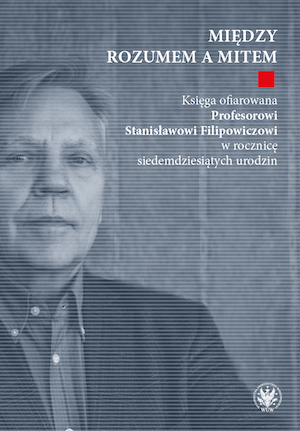Mit i polityka
Myth and politics
Author(s): Agnieszka Nogal
Subject(s): Politics / Political Sciences, Law, Constitution, Jurisprudence, Political Theory, Political Sciences, Security and defense
Published by: Wydawnictwa Uniwersytetu Warszawskiego
Keywords: political myth; collective identity; republican tradition; political rhetoric
Summary/Abstract: The article’s thesis is that the political myth finds its proper meaning in the republican dictionary. The myth founds a specific political community and its way of self-understanding. It becomes a story about the origins and sources, and thus – a story that shapes the collective identity. Political myths contain symbolic representations of power, justifying present or postulated relations in the realm of politics. Usually, myth is viewed as the opposite of reason. This way of thinking has a very long history. Already the Greeks contrasted logos and mythos. The most famous creator of political myths – Plato – considered the myth a rhetorical tool complementing the rational argument. A similar albeit radicalised approach was continued in the Enlightenment, dismissing myth as the primary consciousness that should give way to true knowledge on the path of progress. In the nineteenth century, interest in the myth returned. However, it was often accompanied by various opinions – from highly negative to positive, becaus eemotions were recognised as an essential element in a political message. At the same time, however, another tradition of political mythology developed, which made reference to the republican dictionary and was related to the narrative approach to identity. The myth pointed to the uniqueness of the political community. It revealed the individual character of the community, and its special features were associated with authority and political tradition.
Book: Między rozumem a mitem
- Page Range: 201-212
- Page Count: 12
- Publication Year: 2023
- Language: Polish
- Content File-PDF

